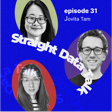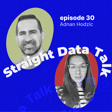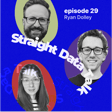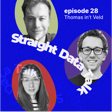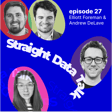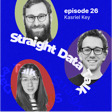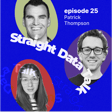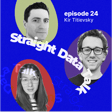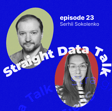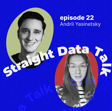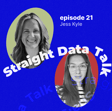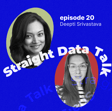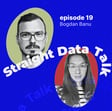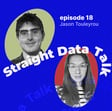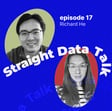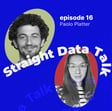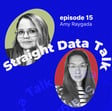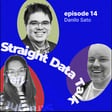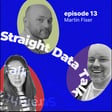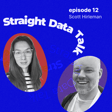
Jean-Georges Perrin - Make Open Data Contract Standard (ODCS) Work
Jean-Georges Perrin is a serial startup founder, currently co-founder of AbeaData [https://abeadata.com/], and co-author of "Implementing Data Mesh." He is the one who championed the PayPal's data contract project, which is now part of Bitol and the Linux Foundation. In this episode, JGP speaks about building and maintaining open-source data contract solutions using open standards. He shares a lot about why and how he came to it and the challenges of maintaining it to avoid appropriation of the solution. JGP discusses how they balance the interests of different groups in developing a community around open data contract standards. More importantly, he shares how data contracts can positively change the life of every data engineer.
Check out JGP's LinkedIn
Check out Bitol - Open Standards for Data Contracts and become a contributor.
